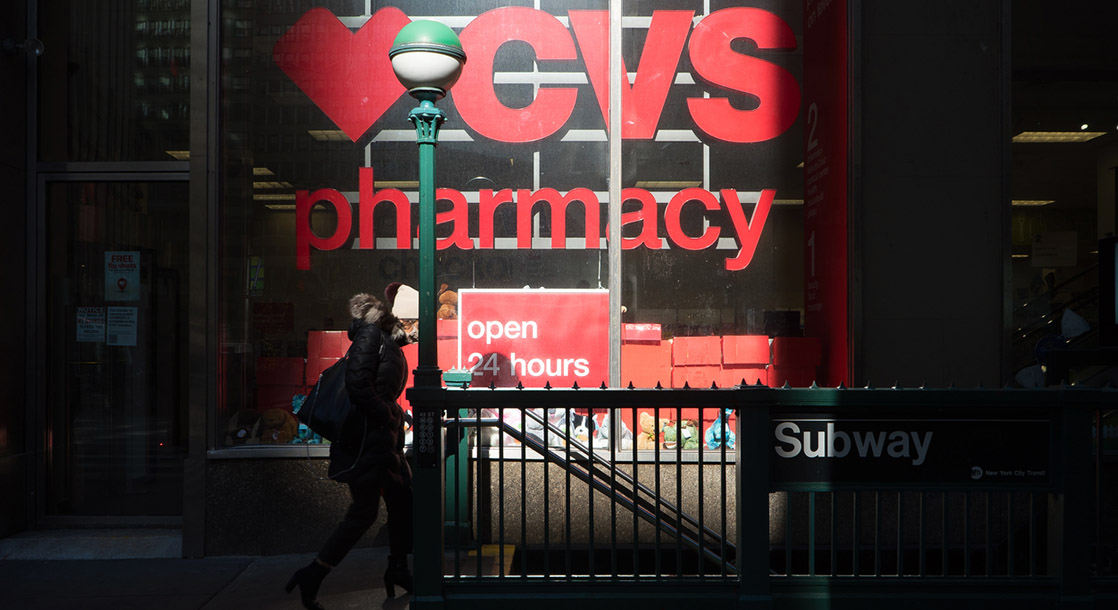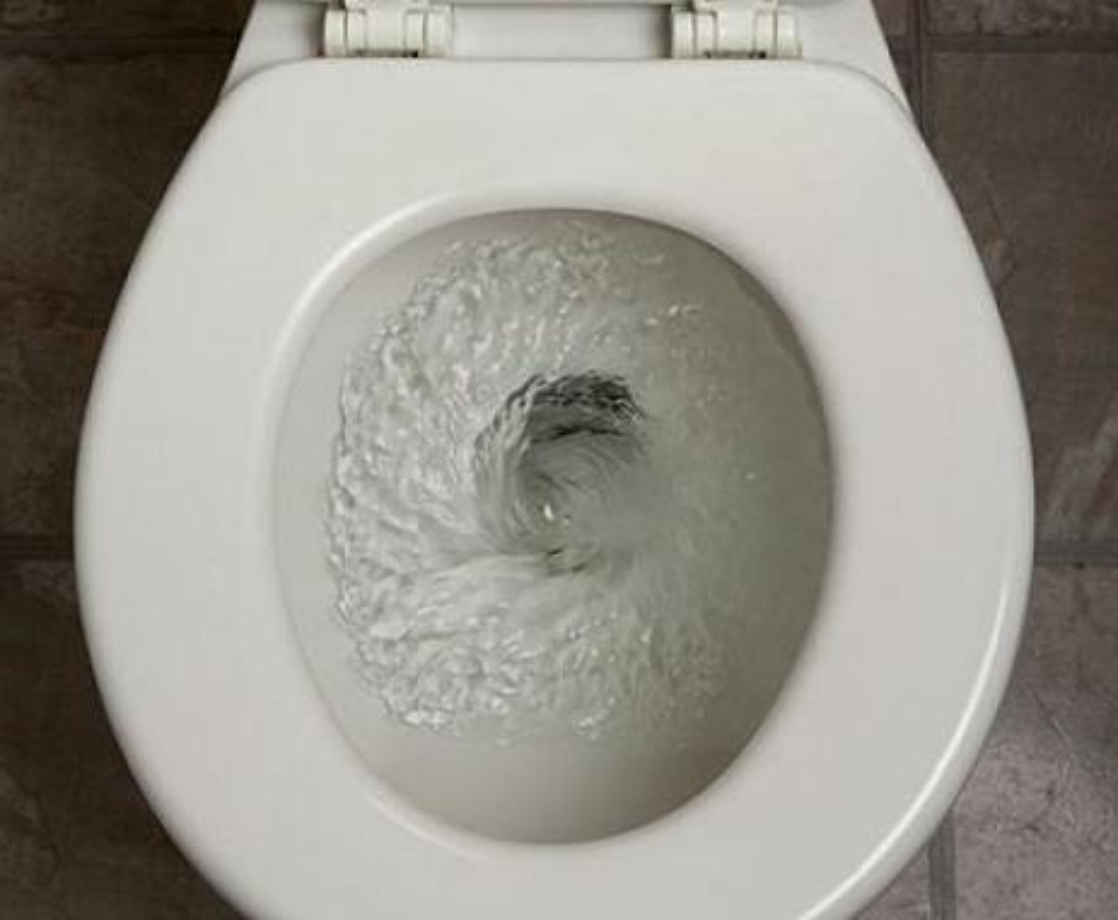For the first time ever, corporate drug stores were found legally accountable for the nation’s opioid epidemic. On Tuesday, a federal jury in Cleveland determined that CVS, Walmart, and Walgreens “substantially contributed” to the opioid crisis in two Ohio counties, the New York Times reported.
The decision could have far-reaching consequences, given that thousands of cases targeting drug stores are currently being heard by US courts. The verdict is also a step forward in a movement for legal justice that has hit recent roadblocks, like an Oklahoma court that tossed out a $465 million ruling against Johnson & Johnson this month for its role in the state’s opioid crisis.
Evidence presented in the Ohio case supported an argument that chain pharmacies did not properly monitor opioid prescriptions, from store employees failing to flag patients picking up large amounts of the drugs at physical locations to corporate headquarters that did not exercise supply oversight.
This behavior, said lawyers for plaintiffs, created a “public nuisance” — the same argument that was recently rejected by an Oklahoma judge and, separately, a California state judge, but one that has formed the basis for some 3,000 opioid-related lawsuits.
The Ohio verdict comes days after the Centers for Disease Control and Prevention estimated that 100,000 US residents died from drug overdoses this year — the vast majority of those from different kinds of opioids.
Many have argued that an over-promotion and over-prescription of pharmaceutical opioids led to individuals forming addictions to substances that, when their prescriptions ran out, they satisfied with street-bought drugs, which are often adulterated with high-potency substances like the synthetic opioid fentanyl.
But this is the first time that pharmaceutical retailers were held accountable for the drugs’ misuse.
Mark Lanier, the plaintiffs’ lead trial lawyer, has successfully pursued several opioid culpability cases. He said the pharmacy chains were “making money off every pill they sell,” and that “they don’t make money off a refusal to fill.”
The jury agreed. A judge will now determine penalties in the case. NPR reported that the companies could be looking at payments of billions of dollars. Predictably, the corporations have announced their intention to appeal the decision.
“We strongly disagree with the decision,” CVS said in a press statement. “Pharmacists fill legal prescriptions written by DEA-licensed doctors who prescribe legal, FDA-approved substances to treat actual patients in need.”
The drug giants’ setback may well indicate that opioid-culpability cases may not be won in court.
“It’s the first opioid trial against these major household names,” said mass litigation expert Adam Zimmerman of Loyola Law School in Los Angeles, who was contacted for comment by the New York Times. “They have been the least willing group of defendants to settle, so this verdict is at least a small sign to them that these cases won’t necessarily play out well in front of juries.”
Follow Caitlin on Instagram











